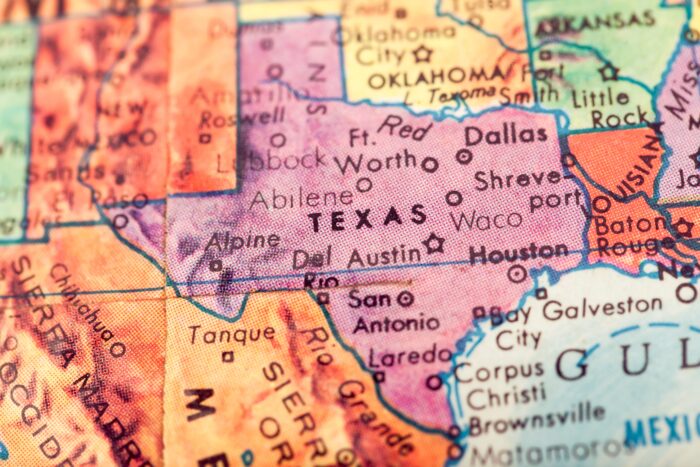
Bill put forward to legalize sports betting in Texas
Sam Harless proposes an amendment to the Texas Constitution that would allow professional sports teams and venues to offer sports wagering, or designate operations to a third party

The Texas Legislature will consider legalized sports betting after Representative Sam Harless filed House Joint Resolution 134 (HJR 134) on Wednesday, February 12.
Harless’ proposal would aim to amend the state constitution so that Texas could boast a regulated sports betting market like nearby states Louisiana and Oklahoma.
HJR 134 would need approval from both the House and the Senate, before it could then be the subject of a vote from Texans as part of a statewide referendum, currently scheduled for November 4, 2025.
Under the terms of HJR 134, only certain entities would be permitted to oversee sports betting.
That includes professional sports teams that existed in Texas prior to January 1, 2025, a sports organization that has hosted an annual PGA Tour Event before January 1, 2025, and all class 1 racetracks in operation before the same date.
All three of these organizations would also be able to designate a third party to conduct sports wagering operations on its behalf.
Karina Kling, spokesperson for the Texas Sports Betting Alliance, praised Harless for filing the joint resolution.
She said: “We appreciate Representative Harless introducing this constitutional amendment.
“Right now, unregulated sports betting is happening across the state, putting consumers at risk and costing Texas millions in lost tax revenue every year.
“It’s time to let Texans take control and decide if they want a strong, regulatory framework for sports betting – just like the 39 states that have already moved forward.”
The Sports Betting Alliance, which represents the likes of BetMGM, DraftKings, and FanDuel, also cited recent polling by the University of Houston that found every major professional sports team in the state supported the idea of legalized sports betting in Texas, likewise state residents who were overwhelmingly in favor of its introduction.
Separate data from analyst firm Eilers & Krejcik Gaming noted that if sports betting was to be legalized in the Lone Star State, the regulated market could generate as much as $363m in annual tax revenue, which could be used to fund vital public services including education and healthcare.
HJR 134 does not specify how the state revenue generated from the regulated market would be allocated. In 2023, the last Texas legislative session that saw an attempt to legalize sports betting, HJR 102 earmarked a notable portion of the funds for property tax relief, with operators taxed at a rate of 15%.
The 2023 bill was initially approved by the House, but then Lieutenant Governor Dan Patrick claimed there was not enough support within the Republican Party upper chamber to call for a vote.
As addressed by Kling, one of the most common arguments for legalizing sports betting in Texas is to offer greater protection to players who are opting to turn to offshore operators.
Last month, in a Houston Chronicle’s podcast, State Governor Greg Abbott said his stance on sports betting has softened.
He remarked: “I don’t have a problem with online sports betting.
“The reality is that I’d be shocked if there were not some Texans that do it already. It’s a very common practice, and it seems to be part of the entertainment that goes along when you’re watching a football game, especially pro football or other types of sports and things like that. I don’t have a problem with that.”